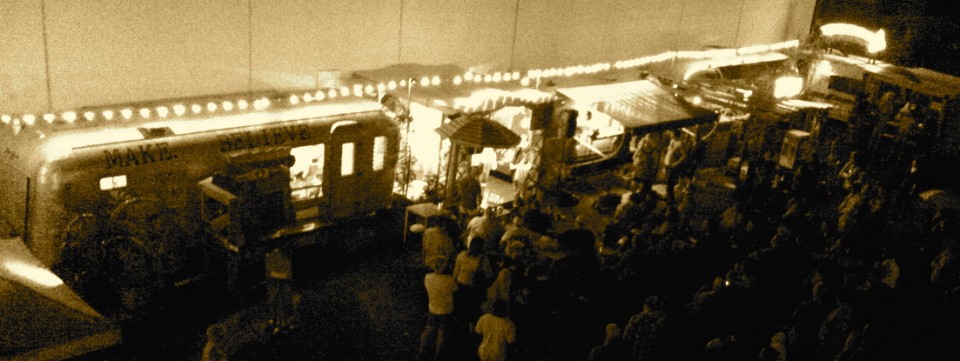I’ve been thinking a lot about vulnerability lately, especially how it relates to research and clinical work. Boundaries and ethics largely shun vulnerability on the part of professionals, and historically this has been in an attempt to protect those receiving services. Similarly, the term “vulnerable” populations is used frequently to refer to communities and individuals who require special attention when being considered as part of studies or certain treatment modalities with the idea that they are higher risk of harm. And while I completely acknowledge the need for rigorous, careful thought surrounding work with people who are suffering or have less opportunity to speak for themselves, I’ve come to believe that tossing around the phrase “vulnerable” population is a cop-out and is preventing progress.
“Vulnerable” populations are in fact the exact opposite. They show incredible resilience and creativity in their coping with adverse circumstances and lack of resources. Low-income communities have family and friend networks that support and encourage one another, figure out ways to use the finances they have to survive, navigate in a world that has been set up to keep them down. Individuals with mental illness cope in a variety of ways that keep them on this planet even when it feels unbearable and they don’t have access to services that teach them skills. We are so quick to look at deficit, to pick out what is missing, or going wrong, and use that as justification for academic and clinical distance.
they have to survive, navigate in a world that has been set up to keep them down. Individuals with mental illness cope in a variety of ways that keep them on this planet even when it feels unbearable and they don’t have access to services that teach them skills. We are so quick to look at deficit, to pick out what is missing, or going wrong, and use that as justification for academic and clinical distance.
We need to come up with a new word, or drastically re-frame this one. Because right now it is so often used as a judgment, a predictor of failed outcomes and lost causes, rather than a statement of empathy or support. What started as a label that was meant to prevent manipulation and harm has morphed into something that is harmful in and of itself. We cannot let our concern for ethical care and research be tampered by stigmas and biases that have loomed over certain populations for generations. In over-protecting people that are assumed to be weak and incapable, we loose out on any chance to develop evidence based interventions and practices, as well as any opportunities for the members of those populations to have a voice, and more than that, direct involvement in decisions regarding services, funding, and care.
Applying the term “vulnerable” to certain populations has more to do with the people that work with them than the members of the communities themselves. Clinicians and researchers might be required to put more effort into their work with populations that face a myriad of challenges that are not easily solved, might have to think outside the box and push ourselves in ways we haven’t before. We, the professionals, are the ones that open ourselves up to vulnerabilities, for we might come under scrutiny for trying new things and empowering individuals that haven’t had much historically. We might have to do more work examining our own internal biases and attempt to look at the world in new ways. We might have to give up some of our academic privilege in order to allow the people we are work with equal chances to participate. We might have to be okay with being uncomfortable with truths are realities drastically different than our own.
We can no longer afford to dismiss research and treatment possibilities under the paternalistic gauze of protect those “most vulnerable.” Ethical, fair, social just work can be done with these populations with the understanding that they have inherent strengths and capabilities that come solely from the fact that they have had to figure out how to survive. Because “vulnerable” populations have become such largely due to systemic injustice and fear on the part of those in power, not because of an intrinsic failing or certain characteristics. We need to work together to develop research and clinical practice that support these communities, involves them, and recognizes their strengths and capabilities. “Vulnerable” populations do not need our pity or protection, they need attention and resources, partnerships with people who are willing to work alongside them to innovate and expand. Vulnerability does not have to be equated with weakness or helplessness any longer.

